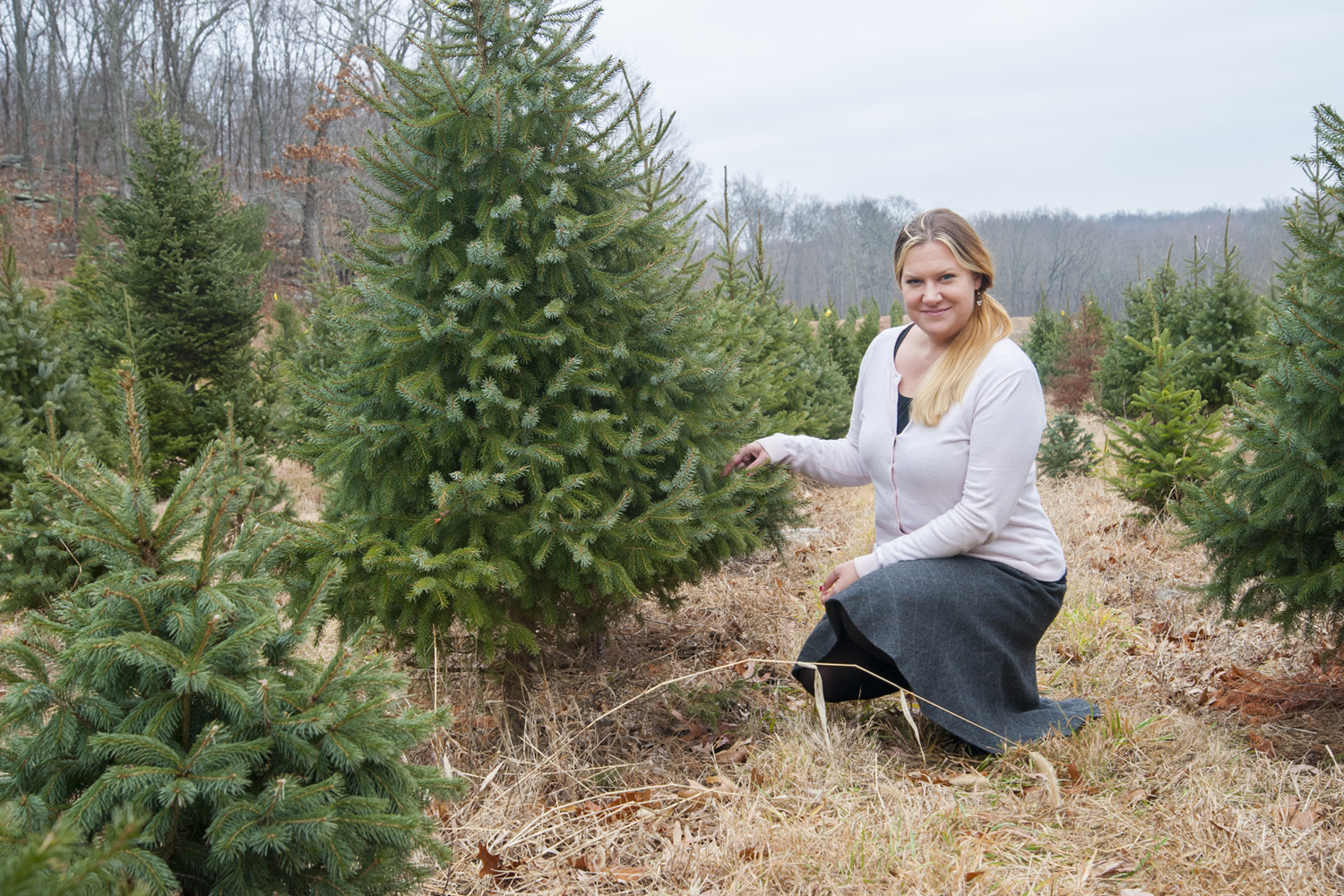UConn bioinformatics expert Jill Wegrzyn, assistant professor of ecology and evolutionary biology, is lending her expertise to a three-year, $3 million National Science Foundation grant to connect big data on trees, including forests and crops, for better scientific use.
The network of databases will help scientists and the public access and learn to use data on North American trees, including tree genomes, genetics and breeding information, and environmental and geographic data. The connected database, called Tripal, will lead to new approaches to sustaining healthy forests, expanding crop varieties, and creating resilience plans for issues like climate change and disease.
Tree crops contribute more than $130 billion to the U.S. economy per year, and are essential for life on Earth, providing oxygen, carbon remediation, animal and plant habitat, lumber, energy, food and recreation. Wegrzyn and her colleague hope the Tripal project will create a model network of community databases that can communicate in novel ways with one another, and can provide big data analysis tools that span the entire network.
“This initiative will support the integration of genomic resources for over two thousand forest and horticultural tree species surveyed around the world,” says Wegrzyn.
The collaborating teams will develop processes that use existing cyberinfrastructure to help researchers query, visualize, and manage big data originating from next generation genomic sequencing technologies, she says.
“For the first time, researchers can interact with public data in a single space and access analysis tools custom to their needs,” she notes. “These tools will enable discovery for questions related to climate change, adaptation, timber production, and biofuels.”
The UConn group hosts the TreeGenes database, which curates and stores data on millions of forest trees from temperate, tropical, and coniferous forests around the world.
“We specialize in enabling association genetics to identify correlations between specific genotypes and traits of interest,” says Wgrezyn. “The advanced data integration funded in this proposal will be combined with citizen science applications to enable informed decisions around forest health.”
The grant’s principal investigator is Doreen Main of Washington State University; co-principal investigators include Wegrzyn, Sook Jung and Stephen Ficklin of Washington State University, Albert Abbott of the University of Kentucky, and Margaret Staton of the University of Tennessee.



